Movie adaptations of video games often have the reputation of being superfluous cash-grabs which owe themselves entirely to their source material. However, sometimes the opposite is true as well. Certain film adaptations influence how the narratives of video games play out.
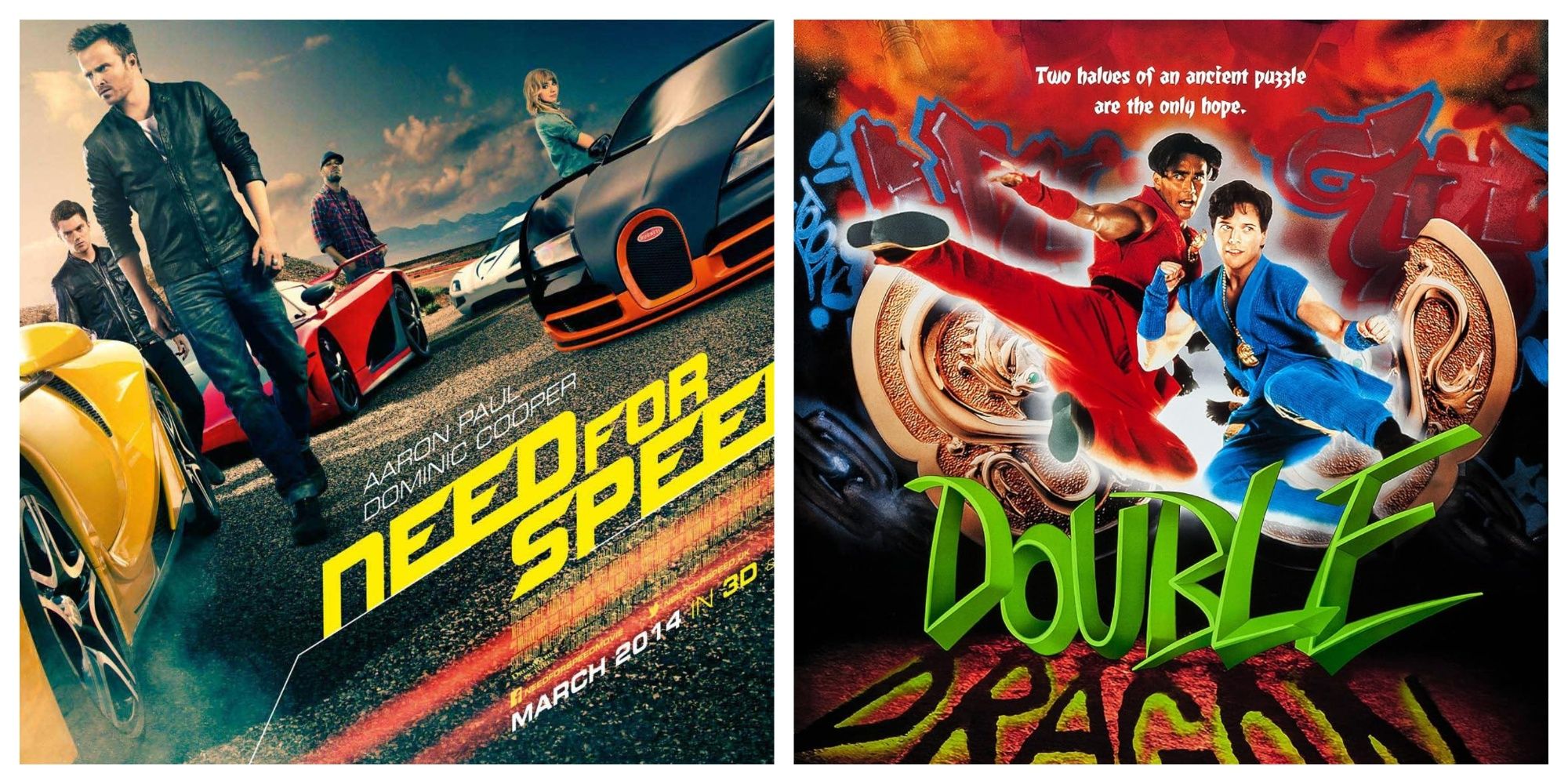
Related
Games You Didn’t Realize Had Movie Adaptations
These video game movie adaptations are a bit more obscure than some of their more well-known and successful counterparts.
This can be due, in part, to how necessary stories are for movies vs. video games, where a narrative can be overlooked or simplified in favor of entertaining gameplay. However, as games themselves expand in size and scope, influences from movie adaptations can be retroactively added to the series and its lore. These games adapted themselves to match elements of films released before.
5
Mortal Kombat
Altered Kano’s Ethnicity
Trevor Goddard was an English actor who tragically passed away at the age of 40. One of his earliest movie roles was in the film, Mortal Kombat (1995), which is nowadays regarded as a cult classic, and shares its fans with the game it was based on. Examples of games showing affection for the film include Mortal Kombat 11, which featured a DLC skin pack which was motion captured and voice acted by performers from the original film, in addition to Cary Hiroyuki-Tagawa already having done the same for Shang Tsung in the game itself. This was later echoed in Mortal Kombat 1.
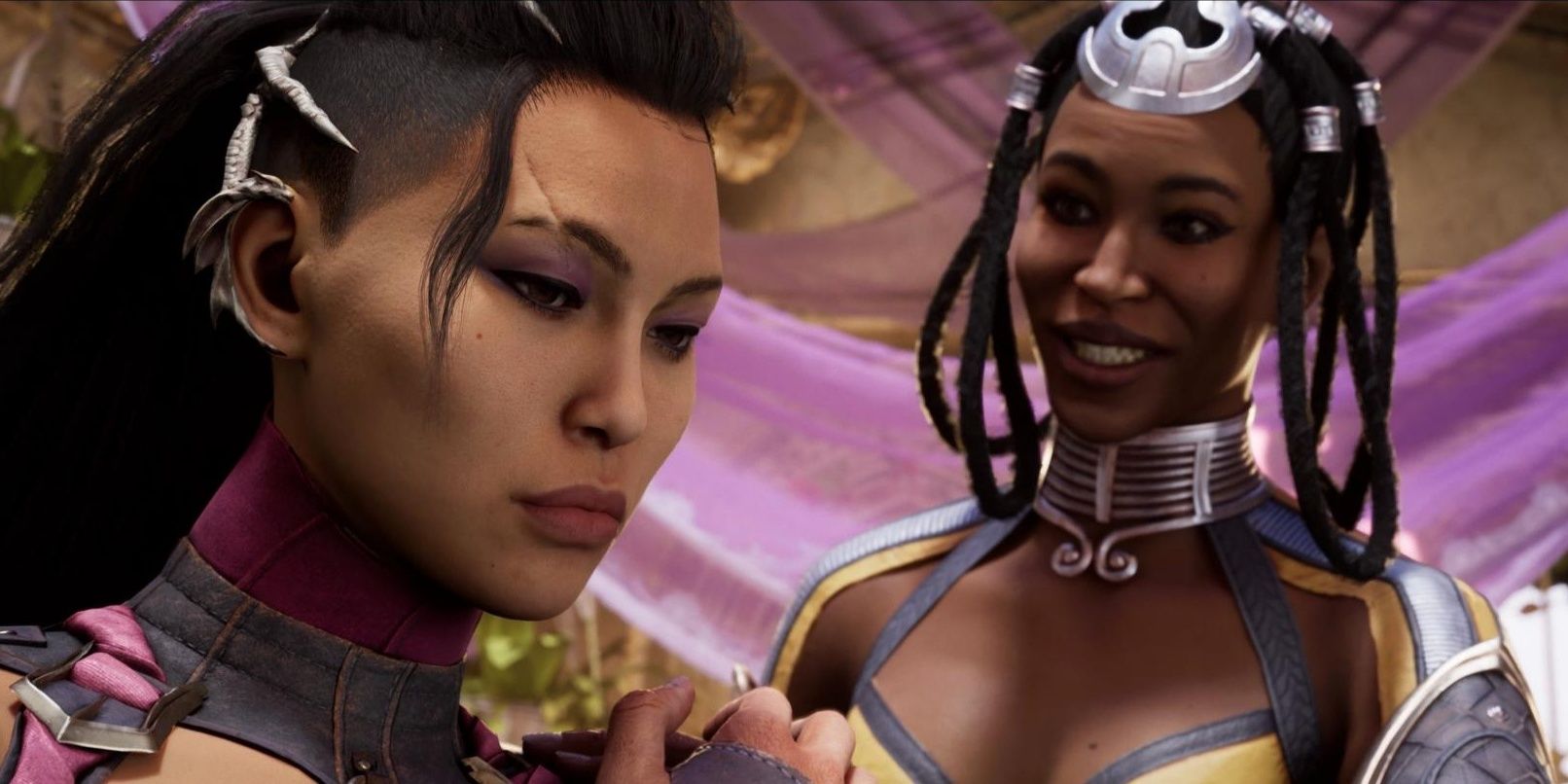
Related
Mortal Kombat 1: 5 Evil Characters Who Became Good
With the realms recreated in Liu Kang’s vision, many formerly villainous characters in Mortal Kombat 1 are no longer evil.
Goddard, however, had a far more direct influence on his character. Kano was previously written as a white American who was orphaned in Tokyo, where he was subsequently deported from. This was documented in the SNES manual for Mortal Kombat. However, Goddard’s performance of the cyborg, interpreted as Australian, was well received and led to the character becoming Australian. As Mortal Kombat evolved to have more voice acting, Kano’s heritage shone through in his own personal brand of trash-talk. He was adapted as Australian in other mediums as well, such as the 2021 Mortal Kombat movie, where he was portrayed by Australian actor, Josh Lawson. Without Goddard’s character-defining performance, the character would likely be realized in a much different way than he is known at present.
In the grand scheme of things, aspects of the film, such as Raiden serving as mentor to Earthrealm’s fighters, Johnny Cage and Sonya Blade’s romance, and various others were all integrated into later installments of the series.
4
Super Mario
Surname Reveal (And Possibly A Lasting Romance)
The 1993 Super Mario Bros. movie was an odd and unique take on the series. It was one of the first pieces of media to present the idea of Luigi and Daisy (or the film’s take on her) as a couple, although she did act as his caddy in NES Open Tournament Golf, which was released a few years prior. Later games which involve Daisy imply her and Luigi are also a couple, with one example being her eponymous circuit in Mario Kart Wii depicting a pair of statues displaying her and Luigi dancing, with clear affectionate undertones. This likely hasn’t been cemented to the level of Peach and Mario’s romance due to Daisy being less of a presence in most games which don’t focus on the extended series cast.
Another potential influence, albeit one largely unseen in the games themselves, is the apparent surname of the brothers. The film decided the “Mario Brothers” moniker was influenced by it being their surname, rather than merely one of their given names. “Mario Mario” and “Luigi Mario” were sporadically identified in game guides released by Prima Games, namely those of Mario Party 2 and Mario & Luigi: Superstar Saga. This was concretely refuted by Mario and Luigi’s creator, Shigeru Miyamoto, in a Game Informer article, dismissing it as a decision made for the movie, saying instead that the brothers have no surnames.
However, he apparently changed his stance sometime before the Super Mario Bros 30th Anniversary Festival, where he claimed them as their given names. That said, due to the nature of games not requiring surnames for any practical purpose, this is merely trivia for the fans. As they are collectively identified as the Mario Brothers in all appearances, it makes perfect sense for it to serve as their actual surname.
3
Street Fighter
The Roots of Alpha
Street Fighter Alpha Anthology
In the year 1994, there were two Street Fighter films released, each of which adapted the series’ breakout game, Street Fighter 2. One was a live action movie known simply as Street Fighter starring Jean-Claude Van Damme (who some argue served as an inspiration for Abel in Street Fighter 4.) This movie disregarded a lot of the source material, and has had little taken from itself in the series’ subsequent installments. That said, a fighting game adaptation of this film, bearing the name Street Fighter: The Movie, was released.
The other adaptation was an animated film called Street Fighter 2: The Animated Movie. This film included a number of notable voice actors, almost all of whom went under pseudonyms. One of said voice actors was a pre-fame Bryan Cranston, who voiced Fei Long. This game is much more deeply embedded in the lore of the Street Fighter series, although this was arguably because of how much it took from it, rather than how closely it followed the material beforehand. It has been cited as an influence on the Alpha series, a trilogy of games which take place between the first and second installments of Street Fighter.
Some clear influences are cosmetic, such as Bison’s more muscular appearance coming from this specific version of the character. Others affect the narrative, such as the professional partnership of Guile and Chun-Li, and Ryu’s iconic red headband having been a gift from Ken. Ultimately, the Alpha Trilogy drew heavily from Street Fighter 2: The Animated Movie, and has had a lasting influence on the series as a result.
2
Pokemon
Making Waves Across Adaptations
Most Pokemon movies are typically adapted around the Pokemon anime, which borrows its characters for an otherwise unrelated story. Being technically two degrees of canon from the established games, it is odd to think of them as a spawning point for pokemon who would be canon to the series.
The late Takeshi Shudō, who was the head scriptwriter for the anime, and was the sole credited writer for its earliest movies, specifically conceptualized and commissioned a pokemon for the second movie, The Power of One. For this film, Shudō wanted a new pokemon tentatively referred to as “Pokemon X”, who symbolized the waves. The resulting pokemon was Lugia, who later became a “box legendary” who graced the cover of Pokemon Silver. Shudō was reportedly surprised by its inclusion in the games, expecting it to remain exclusive to the film itself.
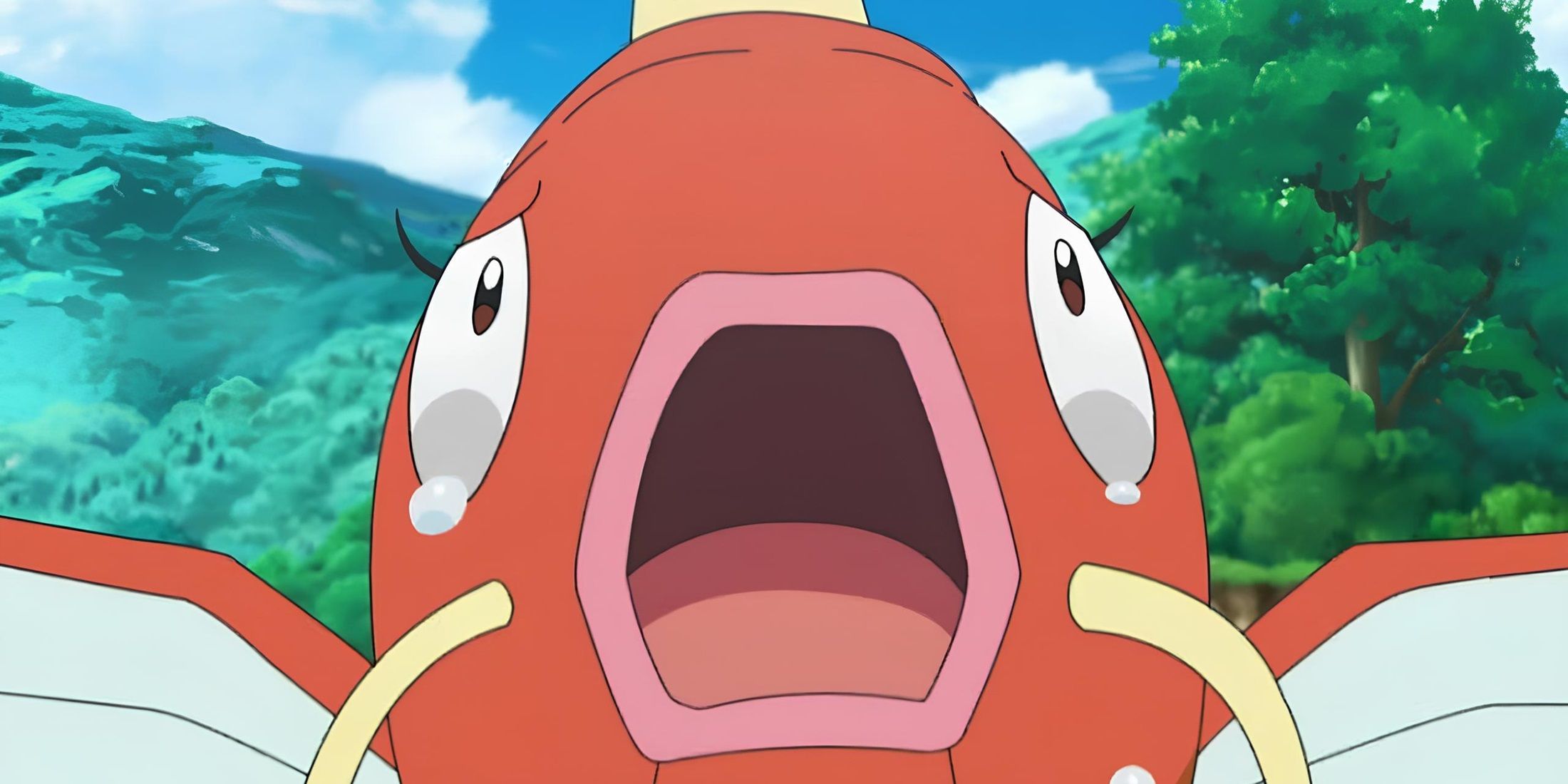
Related
5 Defenseless Enemies in Video Games
These video game foes are largely incapable of attacking the player under the right circumstances.
This inadvertently started a trend of the movies specifically spotlighting pokemon not yet in the games. Other pokemon, such as Lucario and Zoroark, have since been introduced to audiences in anime movies a bit before their respective games were even released.
1
Fatal Fury
A Half Brother for Geese
Fatal Fury 2
- Platform(s)
-
Nintendo Game Boy
, SNES
, Sega Genesis
, Neo Geo
, TurboGrafx-CD
, Nintendo Wii
, Nintendo Switch
, Xbox One
, Android
, PlayStation 4
, iOS - Released
-
December 12, 1992
Wolfgang Krauser Von Stroheim is a fighter introduced as the final boss of Fatal Fury 2. Like most SNK bosses, he has an infamous reputation for being an overpowering force. He is often characterized as something of a noble villain, who desires to be the strongest for the sake of self-improvement, rather than the prospect of greater power. He is not above complimenting certain foes he deems especially worthy. As his surname implies, he belongs to a wealthy German family of noble heritage. He has made appearances in various Fatal Fury installments, where his mixture of damaging attacks from all ranges make him a frightening enemy. He has also subsequently made appearances in the King of Fighters series, first debuting in its ’96 installment, which made him eligible for ’98: Ultimate Match and various spin-offs.
The most interesting aspects of Krauser coincide with his relation to Geese Howard, the main antagonist of the Fatal Fury series. This was not established until Fatal Fury: The New Battle, an animated movie that was made for television. Here, Krauser is Geese’s younger half-brother, whose father, Rudolph, abandoned Geese and his mother to marry into the Stroheim family. Geese previously tracked down Rudolph and unsuccessfully attempted to assassinate him. Krauser later killed Rudolph on his own as a teenager, and subsequently cemented himself as the head of the family. These elements were lifted for games such as Fatal Fury Special and Real Bout Fatal Fury Special, and create the foundations of a lifelong rivalry between the two final bosses.
Geese Howard would later join forces with Krauser in King of Fighters ’96. While Geese is merely using his brother to gauge the power of Orochi, Krauser seems unbothered, as it is an opportunity to fight many strong opponents.
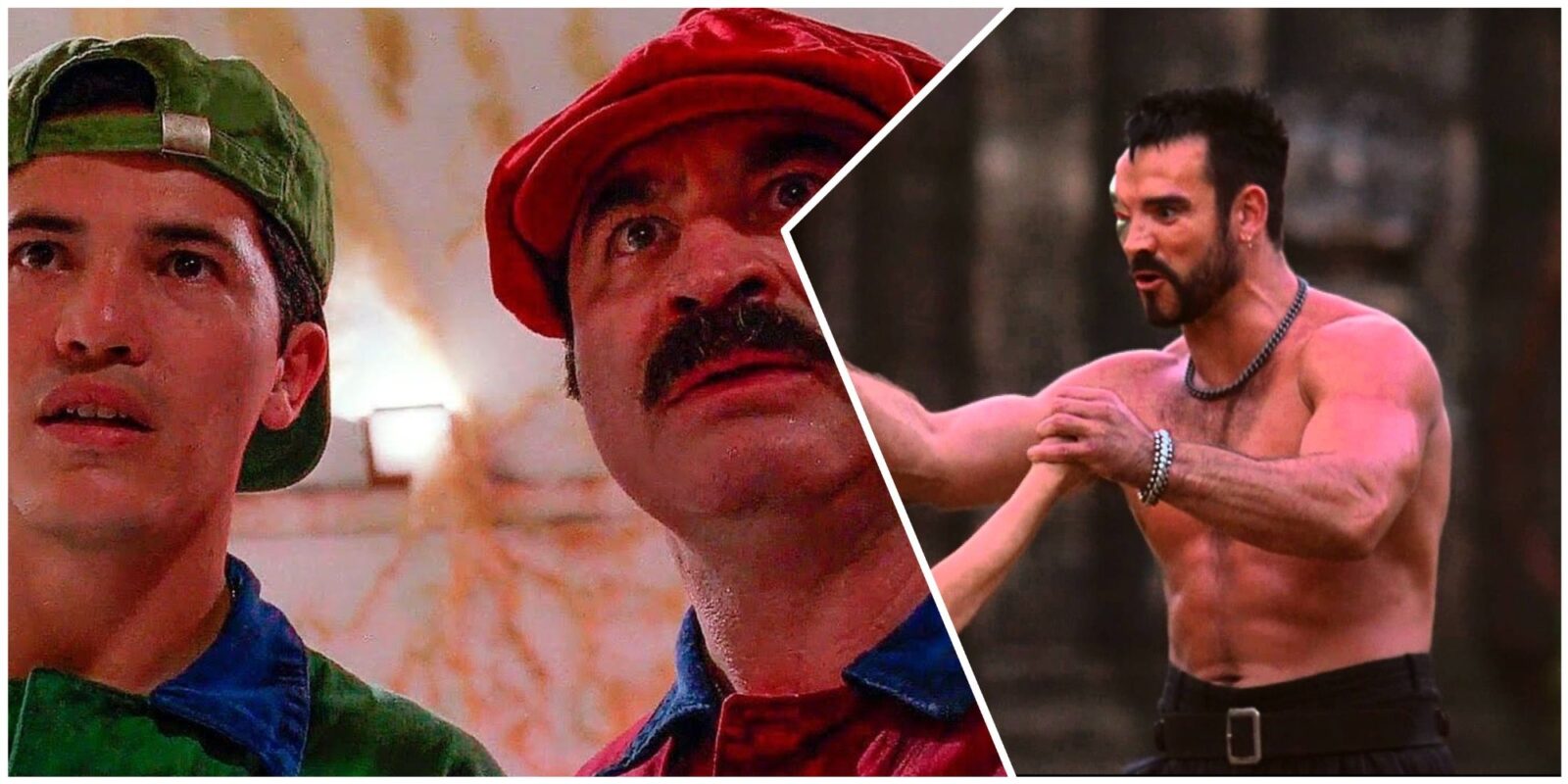
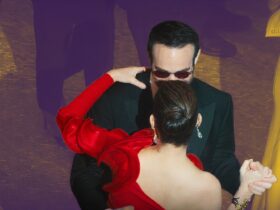
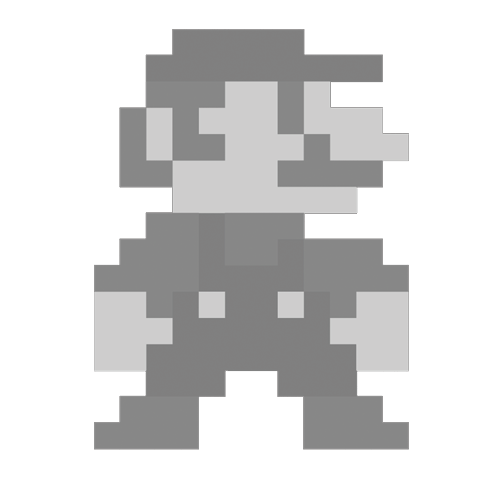
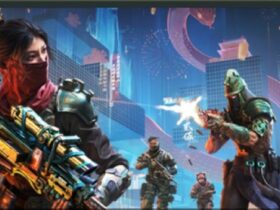


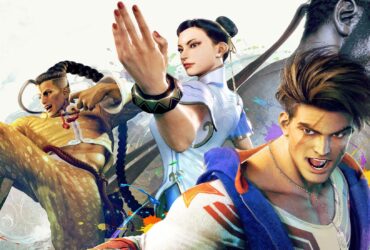
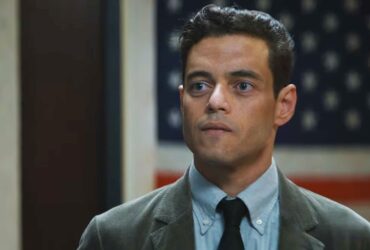
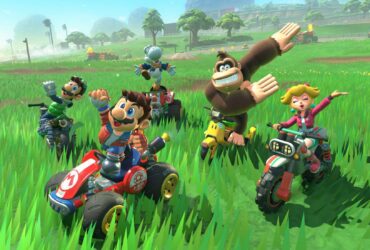
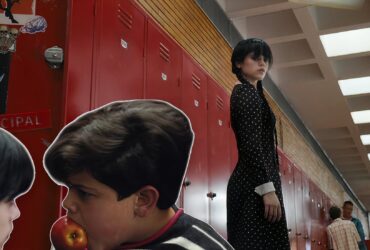


Leave a Reply